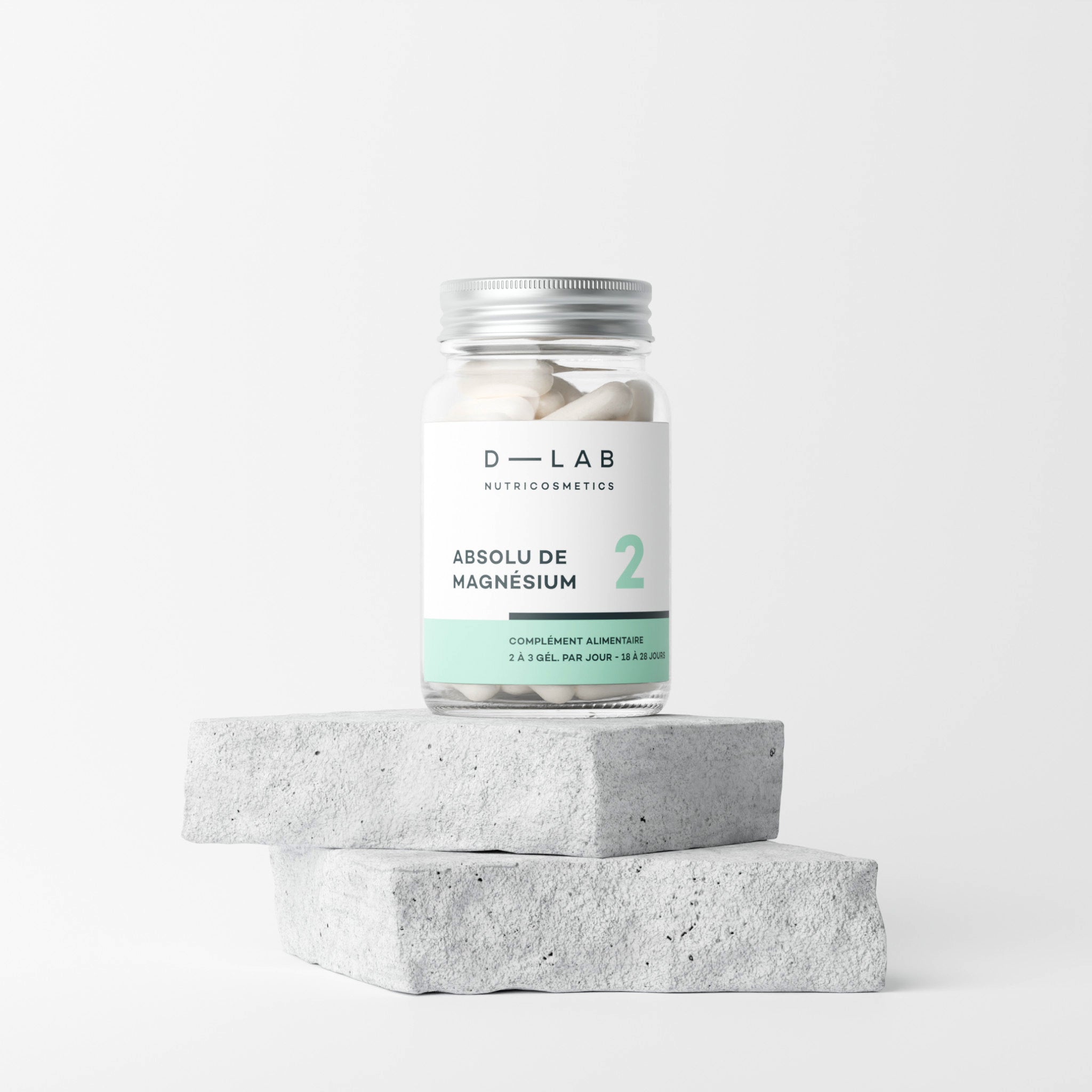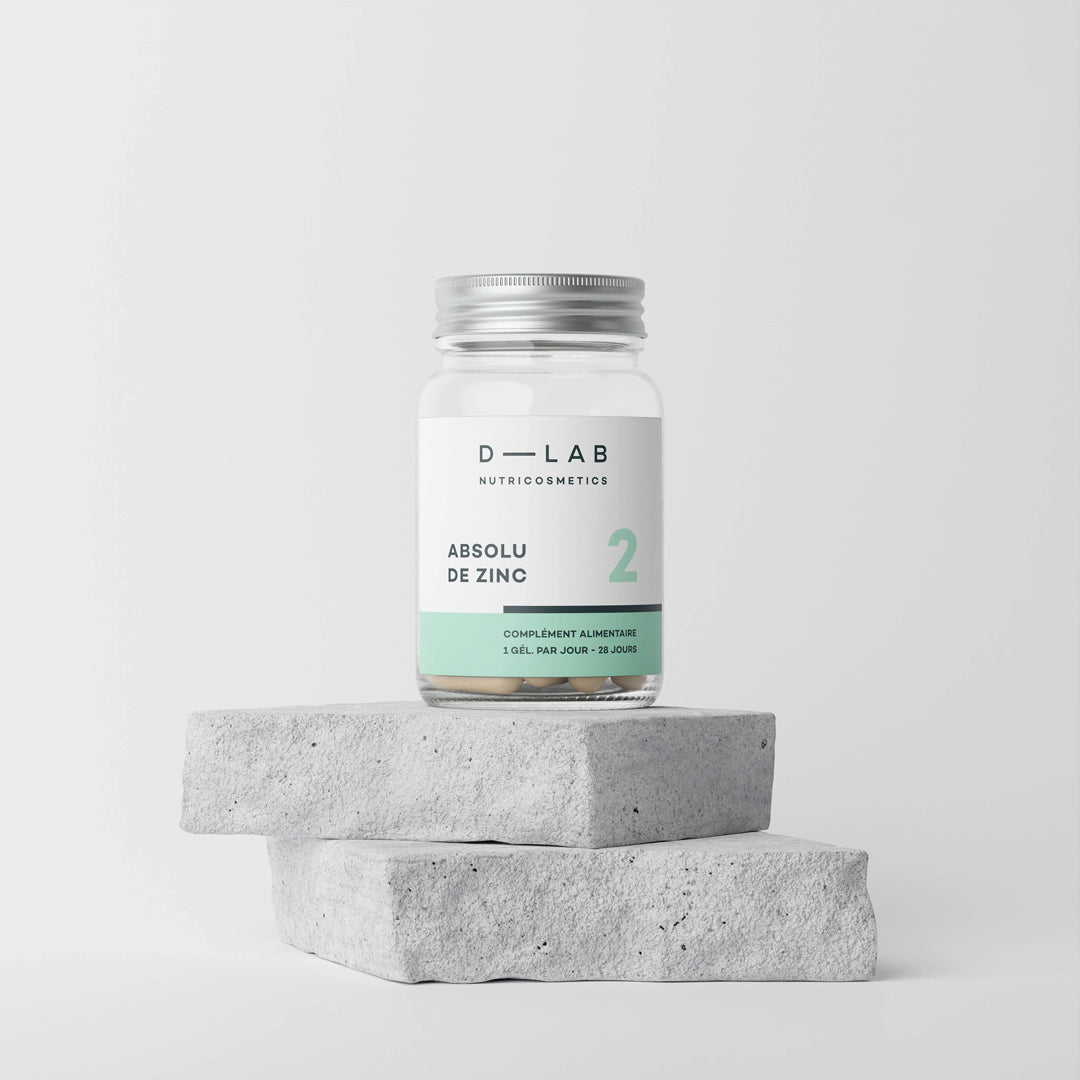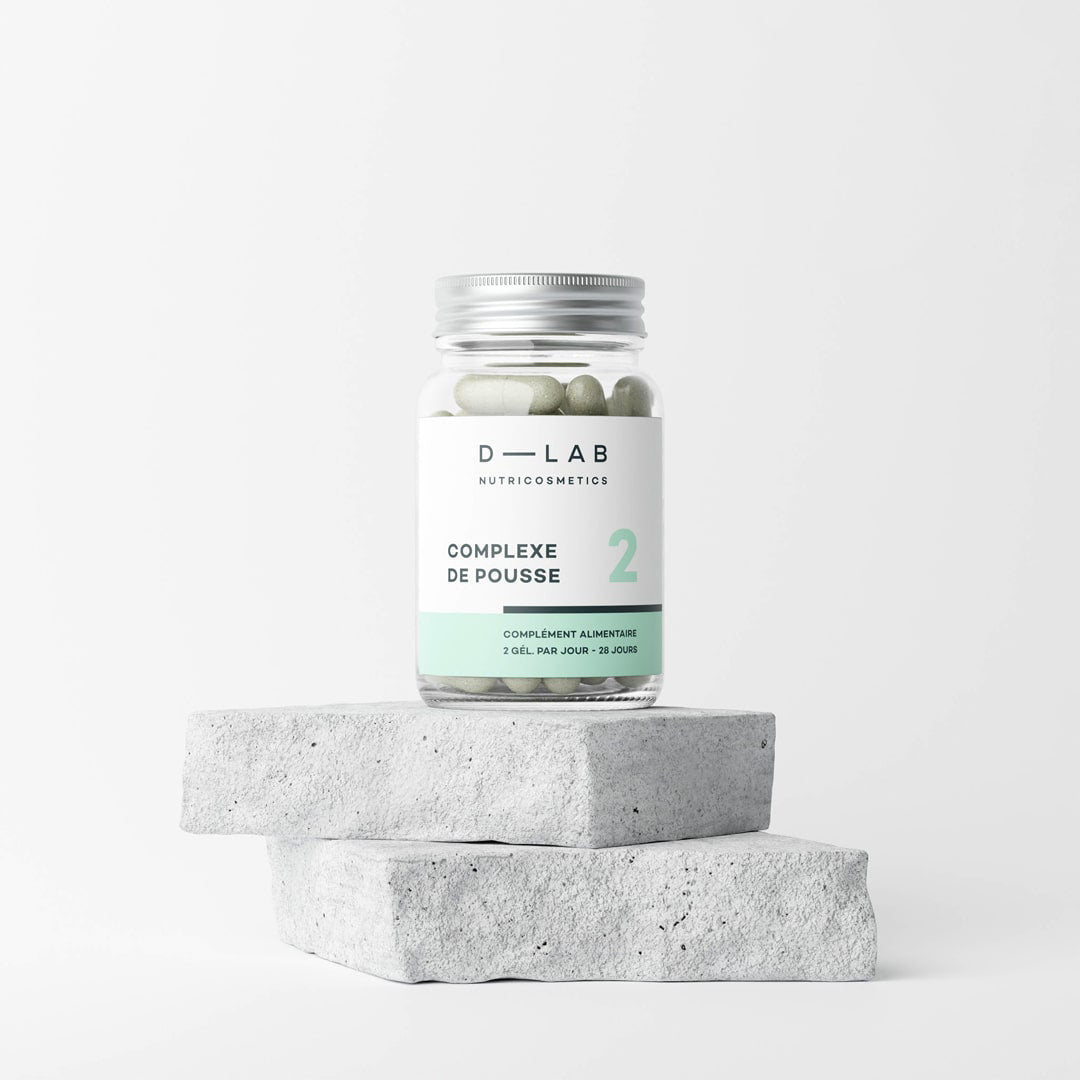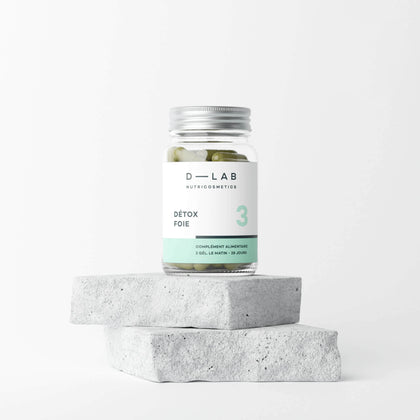
When it comes to taking care of our health, the liver detox cure is an essential practice to support the health of this vital organ.
Here are 10 detailed tips for an effective liver detox treatment!
Also read our guide to understanding the symptoms before cleansing your liver
Summary
Introduction
The liver detox cure is a natural method aimed at purifying and revitalizing this essential organ. By adopting healthy habits, it is possible to support liver function and improve overall well-being.
This approach is based on principles of nutrition, hydration and a balanced lifestyle, allowing the reduction of accumulated toxins. It also helps prevent liver disease and optimize body energy. A well-conducted treatment helps strengthen the immune system, improve digestion and promote more radiant skin.
I. Adopt a healthy and balanced diet for an effective liver cure
During your liver detox treatment , favor foods rich in fiber, antioxidants and essential nutrients.
Opt for green vegetables, fresh fruits, whole grains, and lean proteins to support your liver's detoxification. Green vegetables like spinach and broccoli contain detoxifying nutrients that are great for your body.
Lean protein sources like fish, chicken, legumes, and nuts are also recommended to support overall liver health. It is also beneficial to include foods rich in omega-3 fatty acids such as oily fish (salmon, mackerel), flaxseed and walnuts for their anti-inflammatory properties.
Fruits like berries, citrus fruits, and apples are particularly effective in stimulating bile production and helping eliminate toxins. Berries, in particular, are rich in antioxidants that protect the liver from oxidative damage.
Whole grains like quinoa, brown rice and oats provide fiber and B vitamins, essential for fat and protein metabolism. These foods help regulate blood sugar, preventing insulin spikes that can overload the liver.
Finally, adding herbs and spices like turmeric and ginger can also boost liver function thanks to their anti-inflammatory and antioxidant properties. Turmeric contains curcumin, a powerful anti-inflammatory that helps reduce inflammation in the liver.
II. The importance of hydrating regularly
Good hydration plays an essential role in liver health.
Drinking enough water helps maintain the hydration of liver cells and promotes their proper functioning. Adequate hydration also helps remove toxins and metabolic waste from the body, thereby relieving the workload on the liver.
Water acts as a lubricant for the bile ducts, facilitating the elimination of metabolic waste from this organ. In addition, water helps regulate body temperature and supports the digestion process by improving the absorption of nutrients in the intestine.
By maintaining proper hydration, you help prevent the formation of gallstones, which can block the bile ducts and harm liver health. It is recommended to drink at least 8 glasses of water per day to support adequate hydration and promote overall liver health.
However, water needs can vary depending on factors such as age, physical activity level and environmental conditions, so it is important to listen to your body and drink water throughout the daytime.
A. The benefits of optimal hydration
Optimal hydration isn't just about drinking water. Herbal teas, fresh vegetable juices, and water-rich fruits, such as cucumbers and watermelons, can also help maintain adequate hydration.
Herbal infusions like green tea and chamomile are particularly beneficial for liver health. Green tea is rich in antioxidants, which help protect the liver from oxidative damage, while chamomile has anti-inflammatory and soothing properties.
B. Signs of dehydration
Recognizing the signs of dehydration is crucial to maintaining adequate hydration. Common symptoms of dehydration include feeling thirsty, dry mouth, dark urine, fatigue, and headaches.
If these symptoms persist, it is important to increase fluid intake and consult a healthcare professional. Prolonged dehydration can lead to complications for the health of the liver and other vital organs.
C. Tips for effective hydration
To maintain effective hydration, it is advisable to drink small amounts of water regularly throughout the day rather than large amounts at once. Using water tracking apps can also be helpful to ensure daily fluid intake is sufficient.
Including clear soups and broths in the diet can also help increase fluid intake. These foods are not only hydrating but also rich in essential nutrients that support overall health.
By following these tips, you can promote optimal hydration and thus effectively support liver health and function.
III. Reduce your alcohol consumption for a healthy organ
A liver detox cure aims to cleanse and revitalize this essential organ for our health. During such a treatment, it is strongly recommended to avoid alcohol consumption for several reasons.
First of all, alcohol is a toxic agent for the liver. By consuming it, we force this organ to process alcohol and metabolize it. This overload can therefore compromise the liver's natural detoxification process, which consists of eliminating toxins from the body.
By avoiding alcohol during a liver detox treatment, we allow this organ to regenerate and get rid of harmful substances, thus promoting its recovery.
In addition, alcohol consumption can alter the beneficial effects of the liver detox treatment.
Indeed, alcohol can cancel out the benefits of healthy foods and nutrients which are often recommended during a detox treatment.
By drinking alcohol, we compromise the positive effects of detoxification on the liver, thus reducing the effectiveness of the process as a whole.
Finally, alcohol can contribute to the accumulation of fats in the liver, which can lead to fatty liver, a liver disease caused by excessive fat accumulation.
During a liver detox treatment, the objective is to improve the health and functioning of this organ, and alcohol consumption is therefore counterproductive in this process.
In conclusion, avoiding alcohol during a liver detox treatment is essential to allow this organ to regenerate, detoxify and regain its proper functioning.
By adopting a healthy lifestyle and avoiding alcohol consumption during a detox treatment, we can help our liver regain its health and better fulfill its vital functions for our overall well-being.
A. The toxic effects of alcohol on the liver
Alcohol is metabolized primarily by the liver, making it one of the organs most vulnerable to the destructive effects of alcohol. When the liver breaks down alcohol, it produces toxic chemicals like acetaldehyde, which can cause damage to liver cells. This process can lead to inflammation and, in the long term, scarring and chronic liver disease.
Excessive alcohol consumption can also lead to fat buildup in the liver, a condition known as fatty liver disease. If left untreated, this condition can progress to steatohepatitis, severe inflammation of the liver, and eventually cirrhosis or liver cancer.
B. Reduce alcohol to improve detoxification
Reducing or eliminating alcohol consumption is a crucial step in improving the liver's ability to detoxify. When you stop drinking alcohol, the liver can focus on eliminating other toxins in the body, which improves overall liver health. Additionally, eliminating alcohol allows the liver to recover and regenerate, which is essential for maintaining optimal function.
Eating a diet rich in antioxidants can also help protect the liver from oxidative damage caused by alcohol. Colorful fruits and vegetables, such as berries, spinach and carrots, are particularly beneficial in providing the liver with the nutrients it needs for regeneration.
C. The benefits of an alcohol-free cure
An alcohol-free cleanse can offer many benefits for overall health and liver function. Avoiding alcohol can reduce inflammation in the liver, improve digestion and increase energy levels. Additionally, an alcohol-free cleanse can help stabilize blood sugar levels and reduce the risk of type 2 diabetes.
Reducing alcohol consumption can also have positive effects on the skin, as a healthy liver is able to better eliminate toxins that cause skin problems. Finally, an alcohol-free treatment can improve the quality of sleep and promote better mood, which contributes to general well-being.
D. How to reduce alcohol consumption
Reducing alcohol consumption may seem difficult, but there are several strategies for doing so. Replacing alcoholic beverages with healthy alternatives, like herbal teas or fruit smoothies, can be a first step.
Additionally, setting realistic, incremental goals, such as limiting alcohol consumption to certain days of the week, can help gradually reduce alcohol intake.
It's also helpful to find alternative activities to replace drinking opportunities, such as playing a sport, reading, or spending time with friends who don't drink. Finally, it is important to seek support from family, friends, or healthcare professionals to maintain motivation and overcome challenges related to reducing alcohol consumption.
IV. Avoid processed foods and excess sugar
It is recommended to avoid processed foods during a liver detox. Indeed, processed foods are often high in additives, preservatives and added sugars, which can be harmful to liver health. These chemicals and additives can overload the liver, which must metabolize and eliminate them from the body. By eliminating processed foods from our diet during a liver detox treatment, we allow this organ to rest and detoxify effectively.
Additionally, processed foods are often low in essential nutrients, such as vitamins, minerals and fiber. By opting for natural, unprocessed foods during a liver detox treatment, we promote the intake of essential nutrients and support the health of this vital organ.
Excess sugar, for their part, can also have deleterious effects on the liver. Excessive consumption of sugar, especially in the form of fructose, can lead to fat accumulation in the liver, increasing the risk of non-alcoholic fatty liver disease. The liver must convert fructose into fat, which can lead to inflammation and long-term liver damage.
A. Alternatives to processed and sugary foods
To avoid these harmful effects, choose whole, unprocessed foods. Fresh fruits, vegetables, whole grains and lean proteins are healthy choices to support liver health. These foods are rich in fiber, vitamins and minerals, which help maintain healthy liver function.
Replacing sugary drinks with water, herbal teas or fresh fruit juices without added sugar can also help reduce sugar intake and support liver detoxification. Additionally, natural sweeteners like honey or maple syrup, used in moderation, can be alternatives to refined sugars.
B. Adopt a conscious diet
Adopting a mindful diet, taking the time to read food labels and avoiding those that contain artificial ingredients, can greatly contribute to liver health. Preparing meals using fresh ingredients and cooking at home allows you to better control your intake of additives and sugars.
Finally, integrating healthy and balanced eating habits into your daily life helps prevent toxic overloads and maintain good liver health throughout the year.
Avoiding processed foods and excess sugar not only supports liver detoxification but also overall well-being.
V. Detoxifying foods to favor in your liver cure
During a liver detox treatment, it is important to favor healthy and natural foods to support the health of this vital organ.
Some foods recommended during a liver detox include leafy green vegetables, such as spinach and kale, which are rich in antioxidants and fiber beneficial for liver detoxification.
Citrus fruits like lemons and oranges are also excellent for stimulating bile production and facilitating the elimination of toxins.
Cruciferous vegetables, such as broccoli and cauliflower, are also recommended for their ability to support liver health.
Finally, foods rich in omega-3 fatty acids, such as oily fish, nuts and flaxseeds, are beneficial for reducing inflammation and supporting liver health during a detox. .
By incorporating these healthy, nutritious foods into your diet during a liver detox, you canhelp revitalize and detoxifythis essential organ for your overall health.
A. Detox to cleanse the organ
Liver detoxification is a natural process by which this organ removes toxins and metabolic waste from the body. A detox can help boost this process by providing essential nutrients and avoiding harmful substances.
B. Natural treatment for cleansing
Natural methods for cleansing the liver include eating a healthy diet, staying adequately hydrated, and consuming detoxifying herbs. These approaches help support liver function without the use of chemicals or medications.
VI. The importance of regular physical activity
Sport can have many benefits for liver health.
First, regular physical activity can promote better blood flow throughout the body, including the liver.
This allows for better release of liver toxins and better oxygenation of liver tissues, which promotes detoxification of the liver.
In addition, sport can contribute to the reduction of excess fat in the liver, which is beneficial in preventing diseases such as non-alcoholic fatty liver disease.
Physical activity helps burn calories and promote weight loss, which helps reduce fat buildup in the liver.
Regular exercise has also been shown to reduce inflammation in the body, including in the liver. Chronic inflammation can damage liver cells and contribute to the development of liver diseases, such as cirrhosis.
By regularly practicing sports activity, you can reduce inflammation and thus protect liver health.
Finally, exercise can help maintain a healthy weight and regulate metabolism, which is important for liver health. Excessive weight and an unbalanced metabolism can put additional strain on the liver.
A. Recommended types of activities
To promote liver health, it is advisable to engage in a variety of physical activities. Brisk walking, running, cycling and swimming are great options for improving cardiovascular endurance and promoting blood circulation.
Strength training exercises, such as weight lifting or resistance exercises, may also be beneficial. They help build muscle mass, which increases basal metabolism and promotes fat burning, thereby reducing the load on the liver.
Low-intensity activities like yoga and pilate are also recommended. They help reduce stress, promote relaxation, and improve flexibility and balance, while supporting overall liver health.
B. Frequency and duration of physical activity
To obtain optimal results, it is recommended to practice regular physical activity. Experts suggest aiming for at least 150 minutes of moderate exercise or 75 minutes of vigorous exercise per week. This can be spread over several days, in 30 minute sessions, five times a week, for example.
It's also beneficial to incorporate shorter but more frequent sessions, such as 10-15 minutes of exercise three times a day. This approach can help maintain consistent energy levels and support an active metabolism throughout the day.
C. The complementary benefits of physical activity
In addition to direct benefits for the liver, regular physical activity provides many other health benefits. It helps improve cardiovascular function, strengthens the immune system, and promotes better weight management.
Exercise can also improve mood and reduce symptoms of depression and anxiety, thanks to the release of endorphins. These feel-good hormones contribute to an overall feeling of happiness and contentment, which is beneficial for overall health.
By incorporating regular physical activity into your routine, you can not only support your liver health, but also improve your overall well-being and quality of life.
VII. Meditate or practice relaxation for overall well-being
Stress can negatively affect the health of your liver and be the source of many harms to liver health.
When we are stressed, our body responds by releasing stress hormones such as cortisol. Prolonged exposure to cortisol can cause damage to the liver, notably by promoting the accumulation of fat in this organ.
In addition, chronic stress can also affect our lifestyle and diet.
Stress has a detrimental impact on liver health. It can promote fat accumulation, disrupt healthy lifestyle habits and weaken the immune system, all of these factors contribute to a deterioration of liver health.
It is therefore essential to manage stress appropriately.
During your liver detox treatment, allow yourself moments of relaxation, meditate or practice deep breathing techniques to reduce your stress level and support the health of your liver.
A. The benefits of meditation on the liver
Meditation is an ancient practice that can have profound effects on overall health, including liver health. By reducing stress, it decreases cortisol production and helps maintain a healthy hormonal balance. Regular meditation can also improve blood circulation, thereby promoting better oxygenation and detoxification of liver cells.
B. Favored relaxation techniques
There are several relaxation techniques that can be incorporated into your daily routine to support your liver health. Deep breathing, for example, helps reduce anxiety and calm the nervous system. Yoga, with its postures and breathing exercises, is another effective method for relaxing the mind and body.
Warm baths, accompanied by essential oils such as lavender or chamomile, can also help release tension and promote restful sleep, essential for cellular regeneration, including that of the liver.
C. Create an environment conducive to relaxation
To maximize the benefits of relaxation and meditation, it is important to create an environment conducive to these practices.
A quiet, comfortable space, free from distractions, will allow you to fully concentrate on relaxation. Using calming music or nature sounds can also help create a relaxing ambiance.
D. Integrate relaxation into your daily routine
Incorporating moments of relaxation into your daily routine does not require drastic changes. A few minutes a day are enough to feel significant benefits.
Whether at the start of the day to get off to a good start or in the evening to relieve accumulated stress, these moments of relaxation can greatly contribute to the health of your liver and your overall well-being.
VIII. Detoxifying plants to integrate into your ritual
Certain plants such as dandelion, artichoke, black radish, milk thistle and >chrysanthellum are known for their detoxifying properties.
Integrate these plants in the form of herbal teas, supplements or extracts into your daily routine during your liver detox treatment.
A. Detoxifier l'organe
Liver detoxification can be aided by consuming specific herbs that support liver function. These herbs help eliminate toxins and improve overall liver health.
B. Treatment for engorgement
Engorged liver can be caused by a buildup of fats and toxins. A detox can help reduce this congestion and improve liver health.
IX. The Liver Detox food supplement from D-LAB
A. Several beneficial elements for your detox cure:
Artichoke
Stimulates liver function and helps regulate blood lipid levels
Chardon Marie dont silymarine
Supports Liver Health: Contributes to the protection and detoxification potential of the liver.
Dandelion
Plays a role in supporting liver and biliary function.
Desmodium
Promotes liver drainage
Selenium
Helps protect the body from free radicals.
L-methionine
Known to help neutralize heavy metals.
B. The benefits of natural ingredients
The ingredients contained in the Liver Detox food supplement from D-LAB are carefully selected for their detoxifying properties and their ability to support liver health. For example, the artichoke is known for its choleretic properties, helping to stimulate the production of bile, essential for the digestion of fats. Milk thistle, on the other hand, is widely used for its ability to regenerate liver cells and protect the liver from damage caused by toxins.
C. A natural and effective formula
The D-LAB Liver Detox formula is 100% natural, without chemical additives or preservatives, guaranteeing gentle detoxification that is respectful of the body. Each capsule is designed to provide optimal bioavailability, allowing the body to efficiently absorb the nutrients and active ingredients necessary for effective detoxification.
D. How to integrate Liver Detox into your routine
To maximize the benefits of this supplement, it is recommended to follow a 28-day course, taking two capsules per day, preferably in the morning on an empty stomach. Combining this intake with a healthy and balanced diet, as well as adequate hydration, allows you to potentiate the beneficial effects of natural ingredients.
E. Detoxification
Liver detoxification is a crucial process to eliminate accumulated toxins and improve liver function. Dietary supplements can play an important role in this process.
F. Engorgement of the organ and gallbladder
The gallbladder plays an important role in the digestion of fats. A detox can also help improve gallbladder function by stimulating bile production.
X. Avoid toxic substances for a healthy organ
Limit your exposure to toxic substances such as chemicals, pesticides and environmental pollutants. This also includes household and cosmetic products that contain synthetic and potentially harmful ingredients.
Choose natural and organic products to reduce the toxic load on your liver during your liver detox. Choose organically grown foods, eco-friendly cleaning products and natural cosmetics to minimize exposure to toxins. By reducing your exposure to these substances, you support the detoxification capacity of the liver and contribute to its proper functioning.
XI. Consult a health professional before starting your detox treatment
Before starting a liver detox treatment, it is crucial to consult a health professional to obtain personalized advice. This step is essential to ensure that the treatment is adapted to your specific needs and your general health.
A professional will be able to assess your overall health, recommend adjustments tailored to your specific situation and supervise your liver detox treatment for optimal results. It will also be able to identify possible contraindications or interactions with medications you are currently taking.
His in-depth knowledge of liver pathologies and nutritional needs makes it possible to personalize recommendations and ensure safe detoxification.
Additionally, regular medical monitoring during treatment can help monitor progress and adjust measures if necessary. This ensures a proactive approach to maintaining liver health and preventing possible health problems. Advice from a healthcare professional may also include recommendations on incorporating certain detoxifying herbs or dietary supplements, as well as adopting a healthy lifestyle to support liver function in the long term.
Liver cleansing is an essential step to eliminate toxins and improve overall health.
A healthcare professional can provide valuable advice for effective cleaning, taking into account your health and individual needs, while helping you avoid common mistakes that could compromise the results of your treatment.
To conclude
By following these 10 detailed tips for your liver detox treatment, you will be able to support the health of your liver, promote the detoxification of your body and regain optimal well-being. Implementing these healthy habits is essential to restore and maintain balance in your body.
Remember that regularity and perseverance are essential for lasting results. It is also important to listen to your body and be patient, as the benefits of a detox can take time to fully manifest.
To go further, integrating quality food supplements, such as Liver Detox from D-LAB, can be an excellent addition to your well-being ritual. These products are specially formulated to maximize the effects of detoxification and support liver function with natural and powerful ingredients.
In conclusion, a holistic and balanced approach, combining a healthy diet, adequate hydration, regular physical activity and moments of relaxation, is the key to effective and lasting detoxification. Take dedicated care of your liver and it will reward you with better overall health.



























